During the 1970s and ‘80s, ‘Happy Days’ ruled the television world. It was— and still is— a family-friendly series dedicated to showing life realities with a bit of humor.
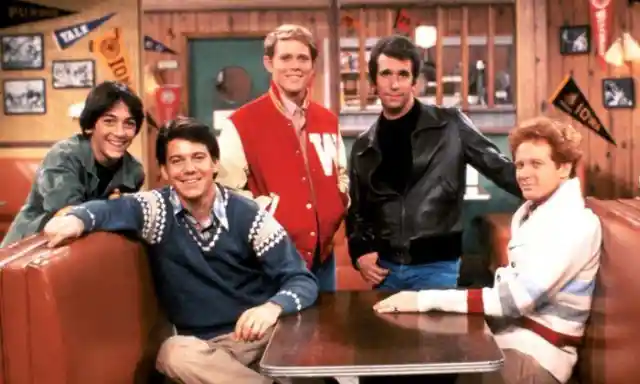
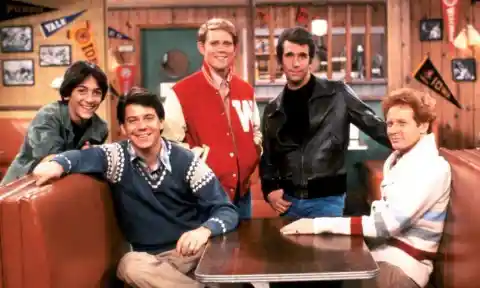
As much as everyone loved the show, there are a few things that slipped past the audience. We’ve found 20 secrets about 'Happy Days’ that all fans will want to know.
19. The Actor Who Played Potsie Recorded Songs To Be Played On The Jukebox
It was not always financially or legally possible to obtain the rights to songs from the 1950s to play on the jukebox.
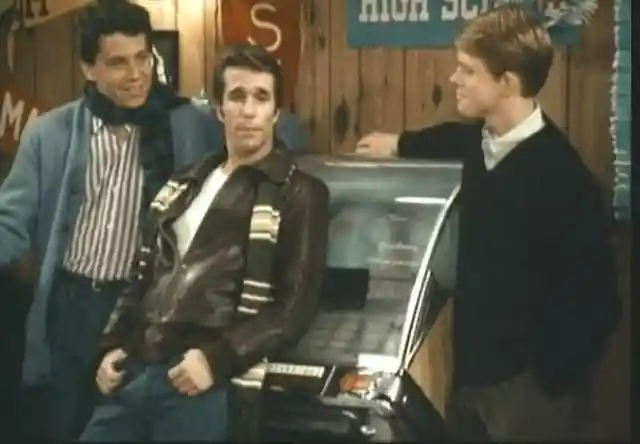
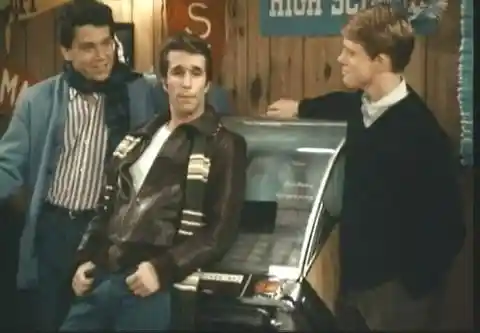
Instead, it’s Anson Williams singing in the background.
18. Micky Dolenz Of The Monkees’ Was Front-Runner For The Role Of Fonzie
After receiving the role of ‘The Fonz,’ Henry Winkler was surprised to learn his competition had been Monkees drummer and singer Micky Dolenz.
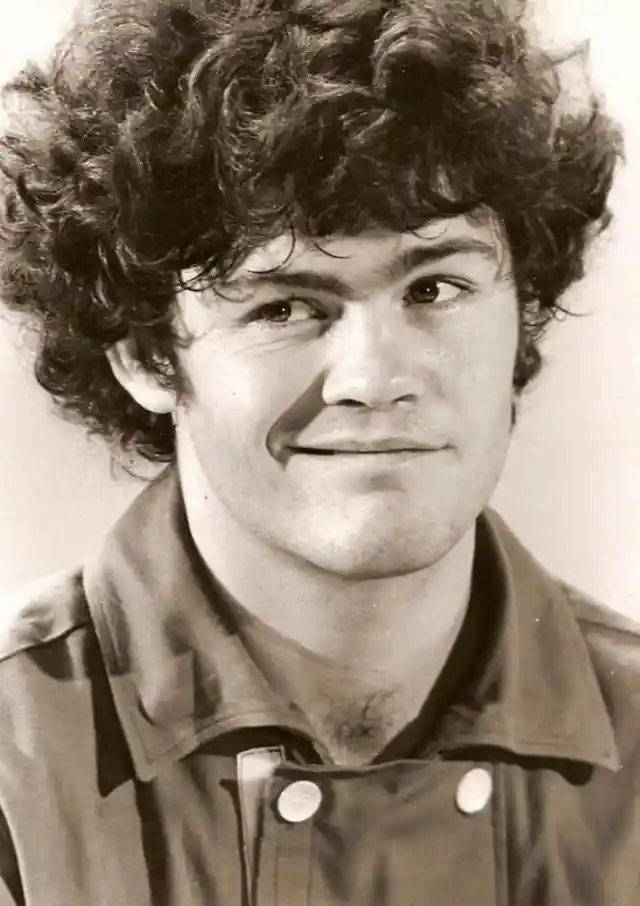
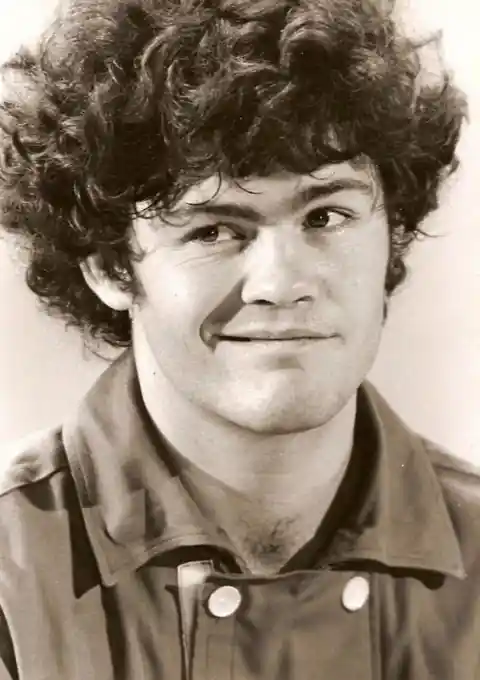
Six-foot-tall Dolenz towered over 5'9" tall actor Ron Howard, and because of this, Winkler was deemed a better match.
17. ABC Initially Didn’t Want Fonzie Wearing A Leather Jacket
Family-oriented ABC was afraid a leather jacket made Fonzie look too tough. They originally wanted him in a windbreaker, but producer Garry Marshall insisted on the leather jacket.
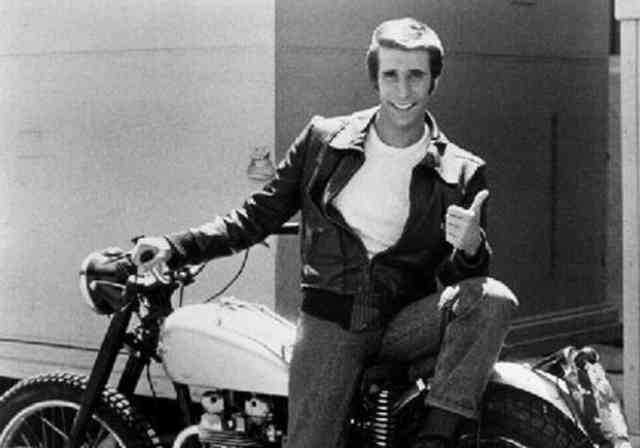
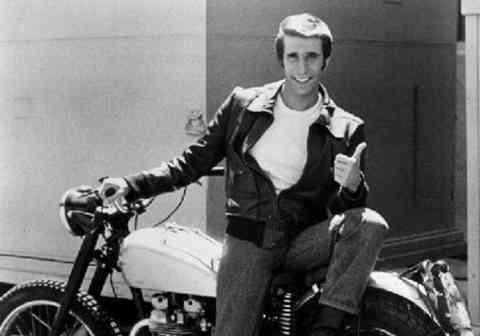
ABC agreed as long as Fonz only wore it while his motorcycle was in the shot for safety reasons, so Marshall made sure the bike was always in the frame. Finally, the network agreed the leather was better.
16. ‘Happy Days’ Actors Sued The Network Which Owns The Show For Failure To Pay Merchandizing Revenues
Actors Anson Williams, Donny Most, Erin Moran and Marion Ross all filed a lawsuit against CBS, which owns ‘Happy Days,’ for failing to pay merchandising revenue from show-themed slot machines.
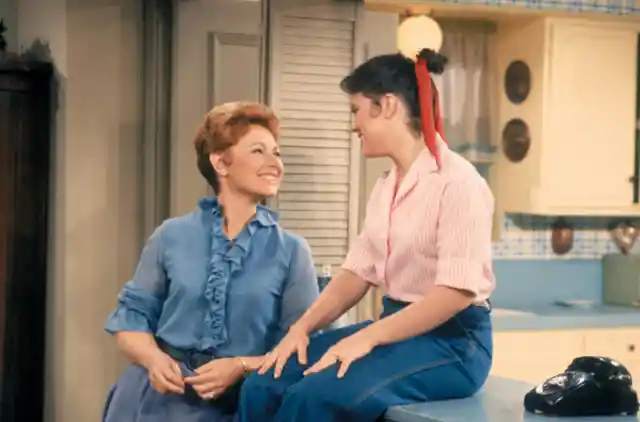
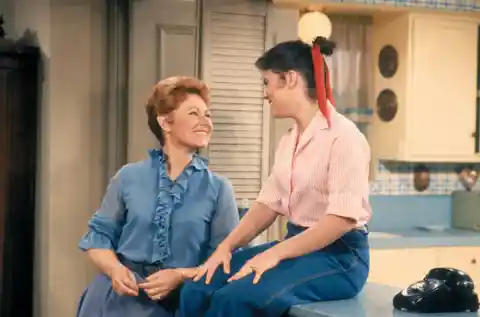
Each actor was awarded $65,000 out of the $10 million they initially sought.
15. ‘Happy Days’ Was Initially To Be A Show Called ‘Cool’
The show was originally slated to be called ‘Cool,’ but it didn’t go over well with a test audience.
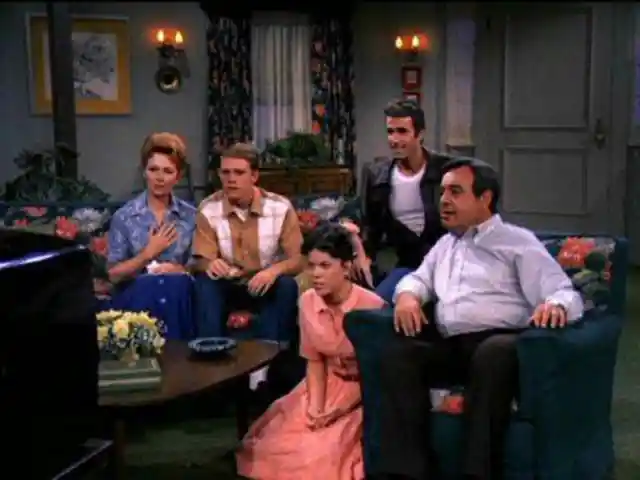
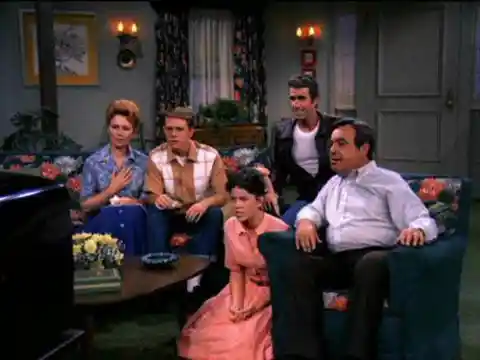
It allegedly made viewers think of cigarettes, so producers went with a much more family-friendly title.
14. Actor Ron Howard Agreed To A Role In Order To Avoid The Military Draft
Ron Howard had a low draft number and no intention of serving during Vietnam.
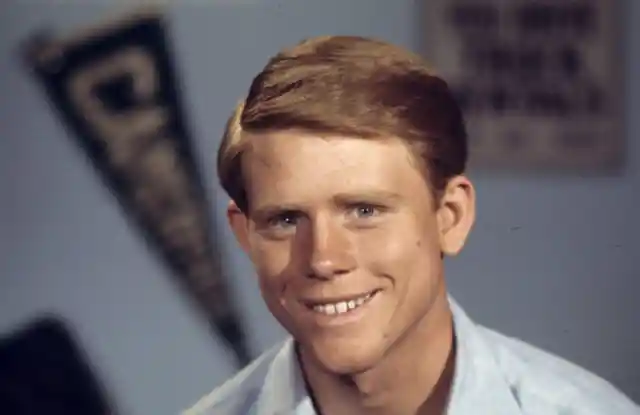
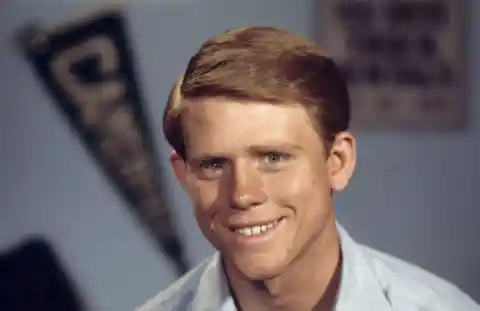
He decided to do the show in order to avoid the draft by having a specific number of people depend on him for employment stateside.
13. Henry Winkler Couldn’t Read His Lines, So He Made Them Up
Despite his attendance at Yale, Winkler struggled to read his script. Instead, he improvised and came up with his own lines.
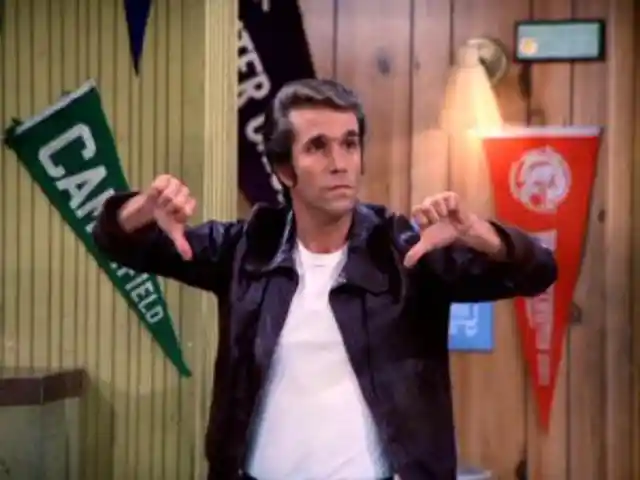
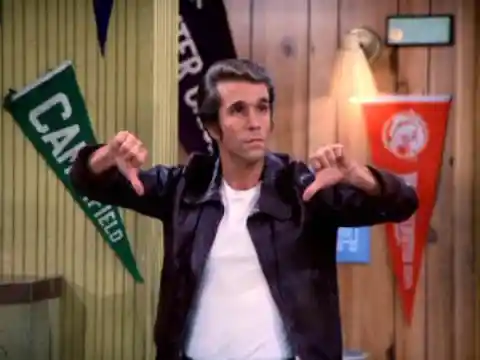
He would later be diagnosed with dyslexia.
12. Cast Members Were Required To Know How To Play Softball
In fact, the cast members and crew all played on a softball team together outside of the show. It included the actors, writers, and producers.
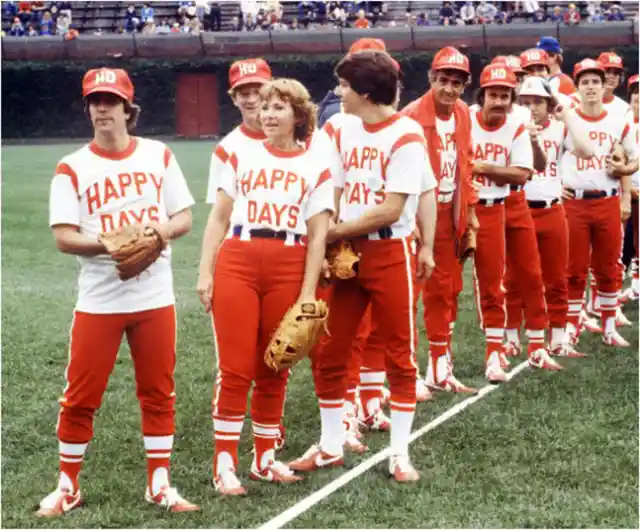
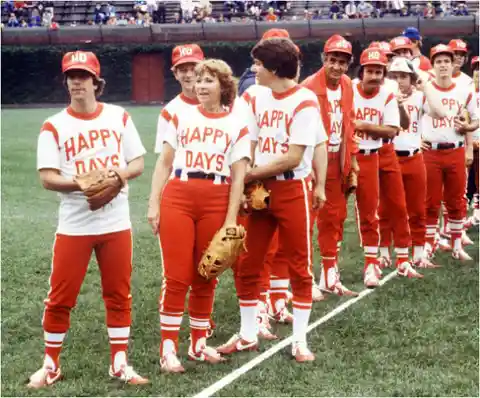
What a good way to strengthen their bond while working together on a film.
11. Directors Made Actor Noriyuki “Pat” Morita Fake A Chinese Accent For His Role
Directors apparently wanted more authenticity to the character of Arnold, so they asked actor Pat Morita to fake a Chinese accent. Later, show standards and practices reps would tell Morita he couldn’t play the role of a Chinese character because of his Japanese-American background.
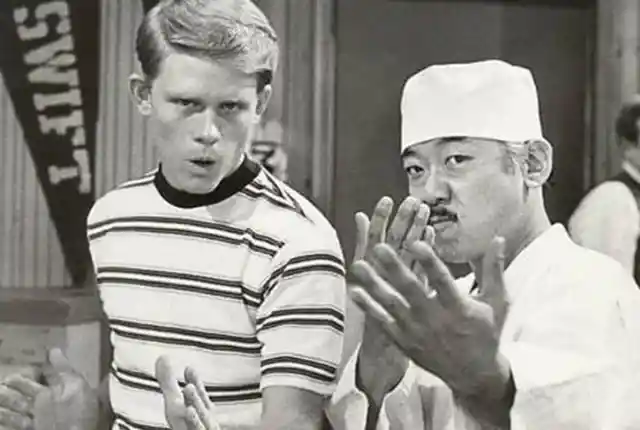
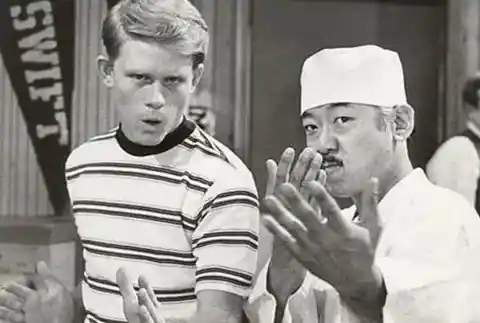
Morita told them Arnold was half Chinese and half Japanese, and he continued to play his role.
10. Character Pinky Was Written Out Of The Series Because The Actress Didn’t Get Along With The Cast
Roz Kelly, the actress who played Pinky, didn’t get along well with the cast. She said she came from a different background than Yale-educated Winkler (AKA Fonzie) and never adjusted.
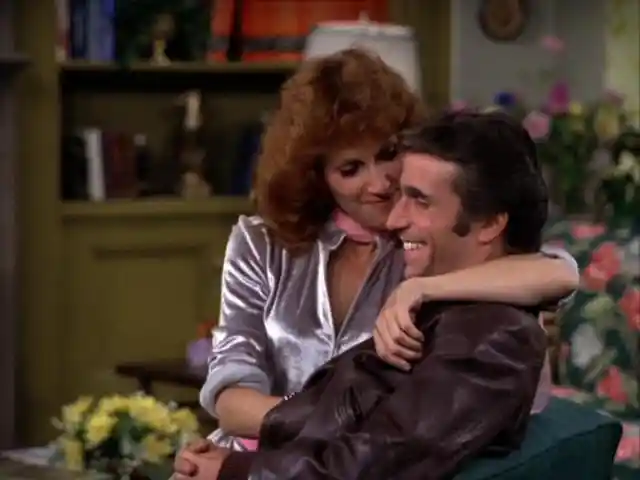
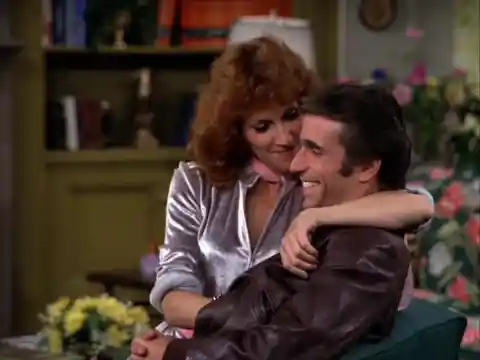
Following much publicity about the idea of a “female Fonzie” and after just three episodes, Pinky was written out of the series.
9. It Was Pure Luck That Got Robin Williams His Big Break On The Show
The actor who was supposed to play the role of Mork from Ork unexpectedly quit.
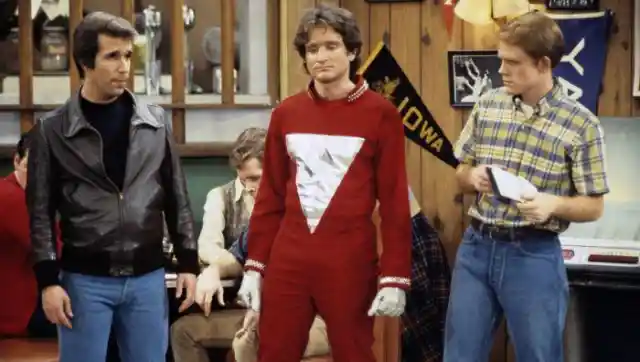
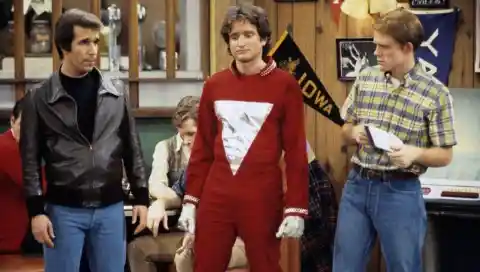
That’s when Robin Williams’ name came up and he got his big break.
8. The Fonz Didn’t Really “Jump The Shark”
One of the most popular scenes of the series was Fonzie jumping over a shark while waterskiing. Henry Winkler was known to do his own stunts, but this was one time the show used a stunt double.
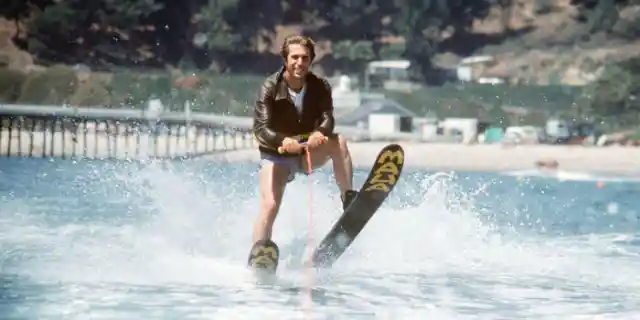

So, instead of our beloved Fonz, it was probably some guy named Bill or something who "jumped the shark."
7. Paramount Executives Originally Wanted It Set In The 1920s Or ‘30s
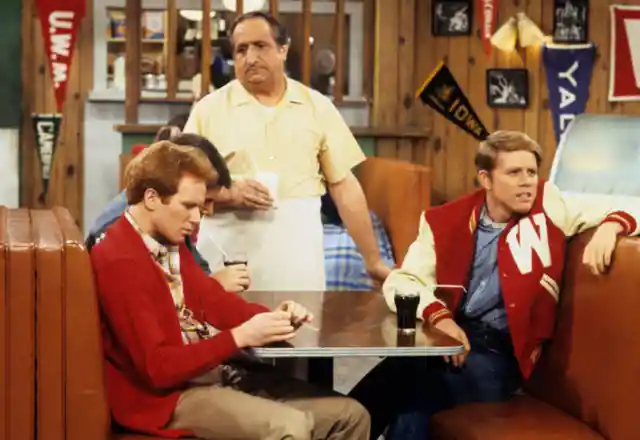
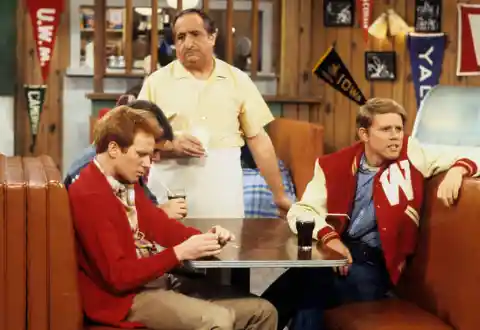
Paramount execs originally wanted a show set in the 1920s or ‘30s, but Garry Marshall said he couldn’t create a show about an era with which he wasn’t familiar.
6. Anson Williams Almost Didn’t Secure The Role Of ‘Potsie’
Anson Williams had car problems on the day of his audition.
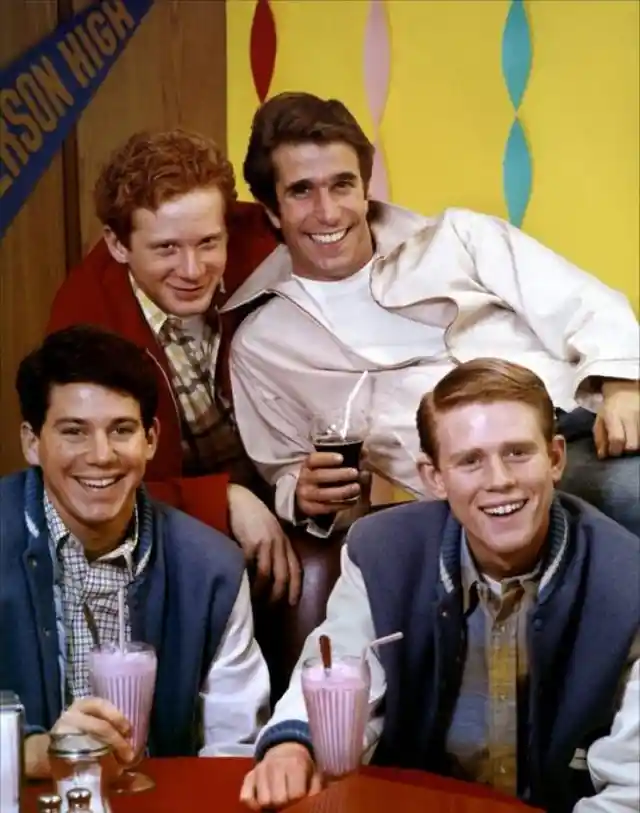
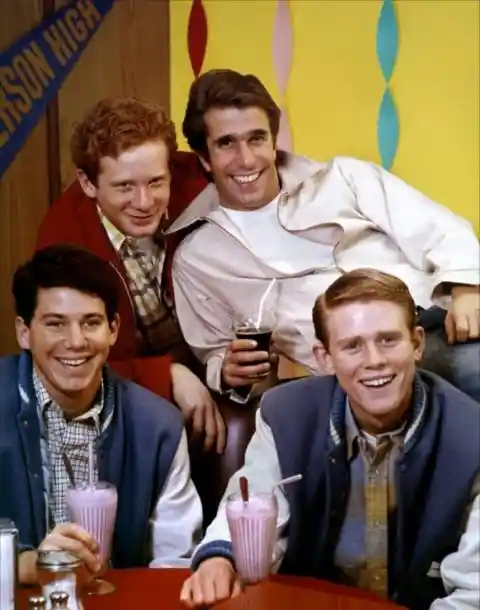
Luckily for Williams and his fans, he did an amazing callback and was given the role.
5. The Actress Who Played Joanie Cunningham Was Once Homeless
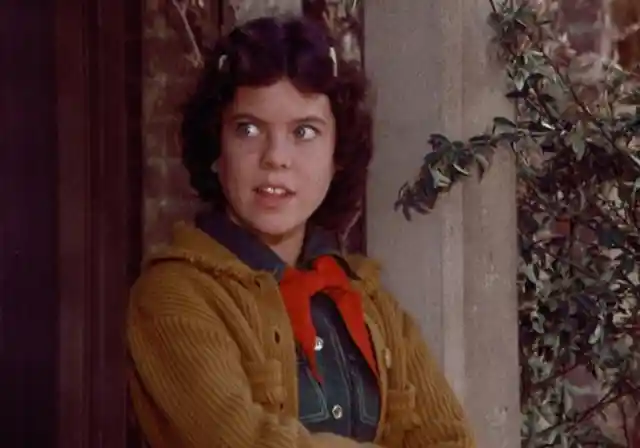
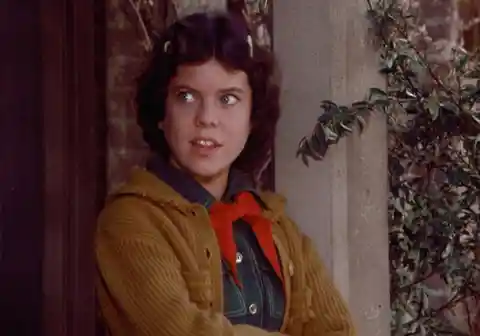
Despite her spinoff ‘Joanie Loves Chachi’ and other roles, actress Erin Moran found herself homeless after being evicted from her California home for a brief period of time.
4. Fonzie’s Name Was Originally Supposed To Be ‘Arthur Mascairelli’
Some names are based on actual people in Garry Marshall's life, and 'Mascairelli' was his original surname.
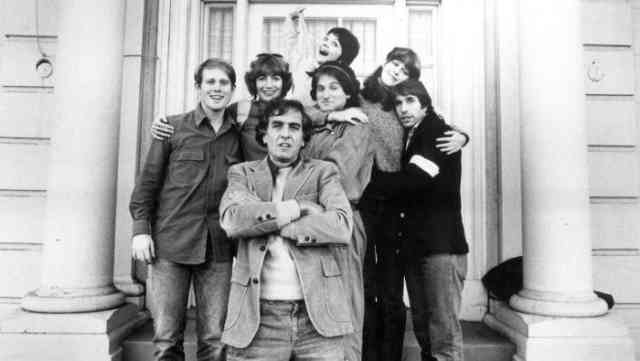
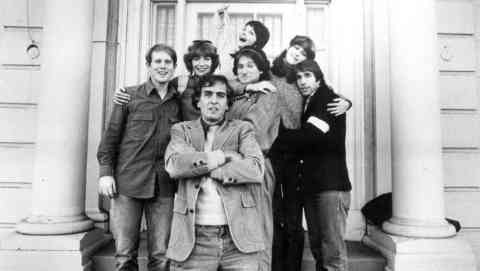
However, 'The Mash' didn't sound as cool as 'The Fonz.'
3. The ‘Happy Days’ Pilot Was Filmed Before The Movie ‘American Graffiti’
Some believe the 'Happy Days' series was a spinoff of 'American Graffiti,' but the fact is the tv show's pilot was filmed— and turned down— before the movie was made.
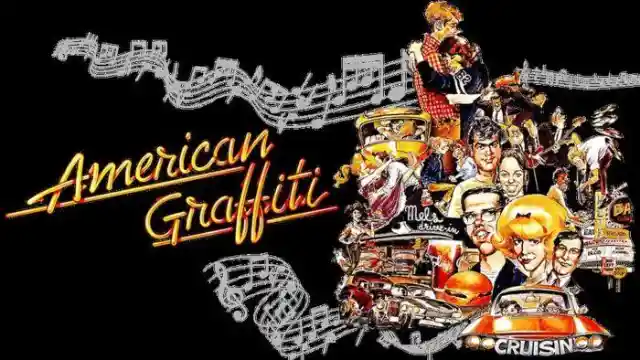
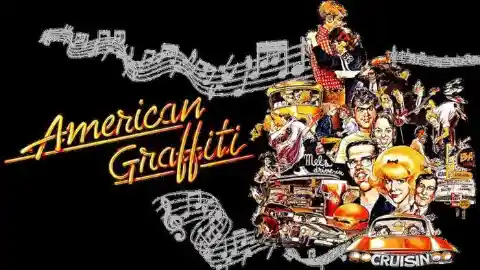
It wasn’t until after the movie’s success that producers revisited the idea of a tv show set in the same era.
2. Many Cast Members Went On To Lead Successful Acting Careers After ‘Happy Days’
We all are familiar with Henry Winkler and Ron Howard’s work as actors, directors and producers, but other cast members went on to achieve great things as well.
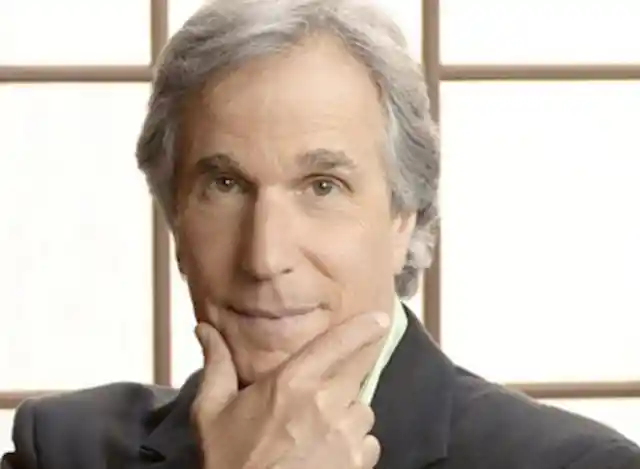
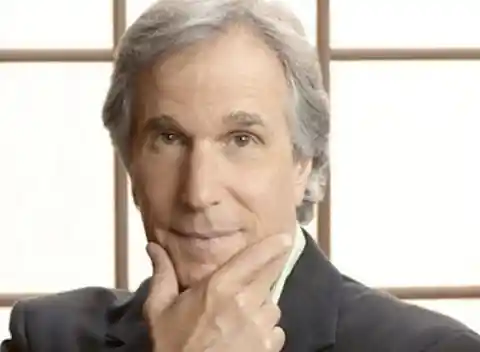
Actress Marion Ross had parts in current shows such as ‘Drew Carey Show,’ ‘Gilmore Girls’ and ‘That ’70’s Show.’
1. Ron Howard’s Character Kept The Innocence Of His Previous Role On ‘The Andy Griffith Show’
Ron Howard’s Character Kept The Innocence Of His Previous Role On ‘The Andy Griffith Show’.
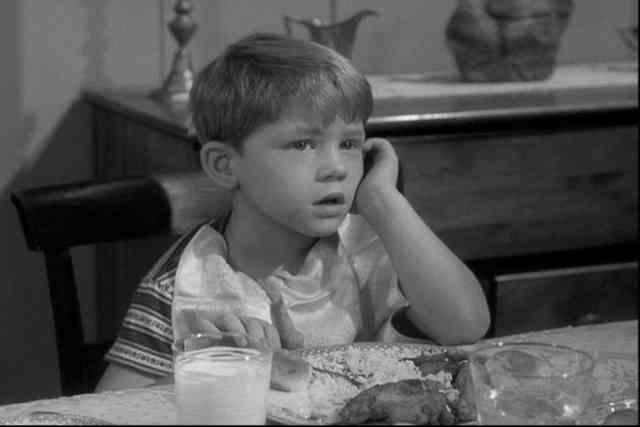
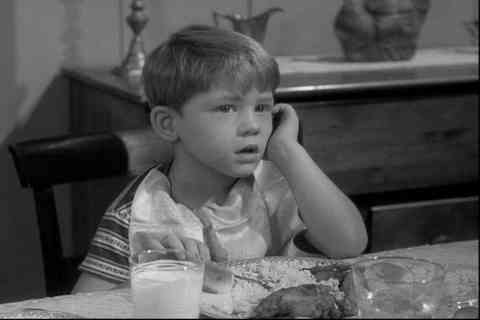
Before his days as Richie Cunningham, Howard played Opie on 'The Andy Griffith Show.' His character Richie was seen as an innocent representation of his generation.